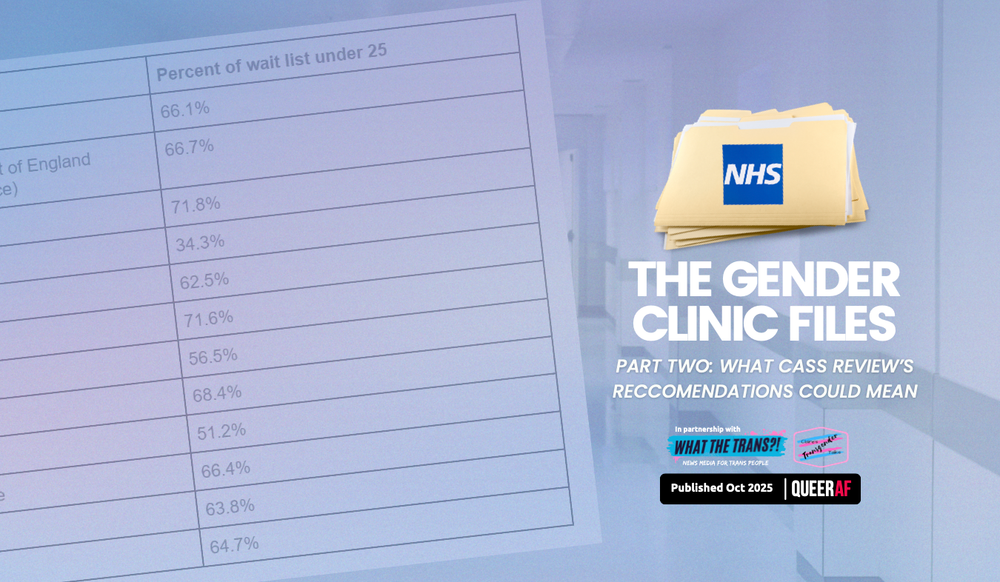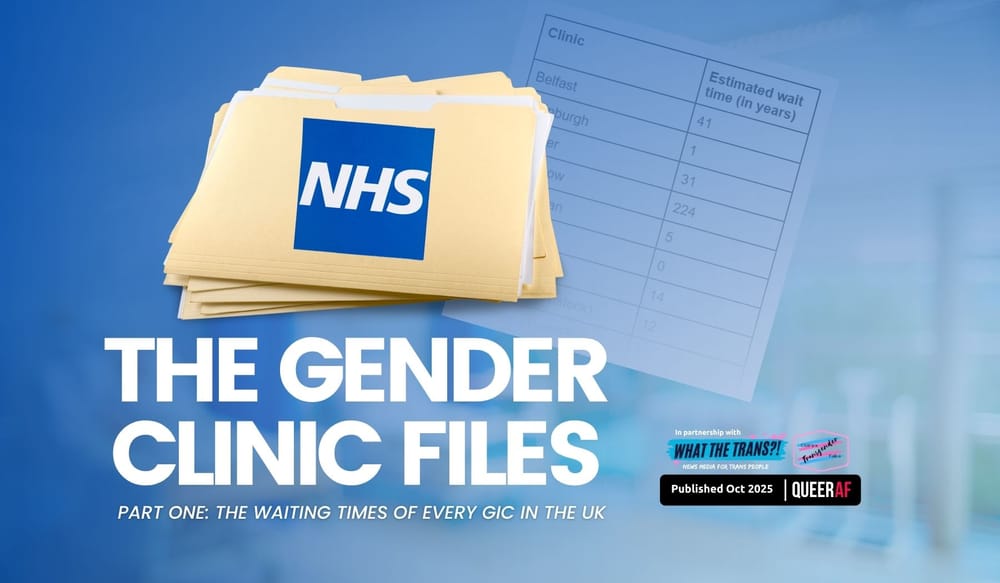TL;DR: Another employment tribunal which centred around 'gender-critical' beliefs ruled in favour of the claimant this week. However, despite several cases garnering high media attention, the rulings in each instance are more nuanced. Crucially, though they confirm religion and beliefs are protected in the Equality Act they also confirm acting on those beliefs isn't necessarily.
Professor of criminology Jo Phoenix this week won an employment tribunal that centred around whether she faced "direct discrimination" because of her "gender critical beliefs".
One of the critical parts of the case was that the claimant was compared with “a racist uncle at the Christmas table” because of her 'gender-critical' beliefs.
Now a slew of anti-transgender voices are lining up to claim this is the latest in a line of many cases showing that 'gender-critical' beliefs are protected in law.
The true picture is far more nuanced and usually has more to do with individual instances of workplace harassment. However, what is already clear is the chilling effect these rulings could have - especially as they continue to receive unprecedented high-profile media attention.
What was the Open University employment tribunal about?
Professor Jo Phoenix set up the 'Gender Critical Research Network' while working at the Open University. It was one of many instances where she spoke about her views while working for the organisation.
She claims she was rebuked for these beliefs and says she felt forced to leave her job because the organisation failed to support and protect her from belief-related discrimination and harassment.
This was particularly acute around a 'pile-on' she received after signing a 'gender critical' open letter - Personal Today
This week, the tribunal’s judgement partially agreed with her claims, ruling that "the complaints of direct discrimination because of the Claimant’s gender critical beliefs... are well founded." It also saw three other claims dismissed or withdrawn.
What other 'gender critical' employment tribunals are of note?
Of nearly 7000 employment tribunals that take place each year, which get very little attention from the media, the tiny fraction that has focused on 'gender critical' beliefs have come under the media spotlight.
The most significant since this issue came to prominence is Maya Forster's case against the non-profit think tank The Centre for Global Development (CGD), which she partially won at appeal, and Allison Bailey's case, which failed to conclusively blame Stonewall for her dismissal.
Both received high-profile media attention and were spearheaded by LGB Alliance supporters - QueerAF
Crucially though, as Jocelyn Price from the Good Law Project set out, Forstater's judgment "tells us nothing new about trans people's right to be treated with respect and dignity in the working environment or about interacting with trans colleagues at work. The Equality Act 2010 continues to protect people from discrimination and harassment in all areas of life." - OpenDemocracy
In the coming year, we can expect more tribunals to keep the issue in the headlines. Phoenix wasn't the one in court over a similar matter this week. Roz Adams is claiming constructive dismissal against Edinburgh Rape Crisis Centre connected to 'gender-critical' views.
Next month, Kenny McBride’s case against the Scottish government will reach courts, as will that of former Green deputy leader Shahrar Ali against the party - The Guardian
Analysis: The chilling effect of these rulings is growing
With a growing number of these cases getting high-profile media attention, their chilling effect on employers is growing. We can expect them to be a tool that ‘gender critical’ campaigners continue to reach for.
Still, Law is a constantly evolving matter, often up for interpretation. However, when the Maya Forstater appeal ruled in her favour - whether you think that court was high enough to create a 'landmark' ruling, a concept up for interpretation itself - it set more than one precedent.
For gender critical campaigners, the victory they focus on was that discriminating against them for their beliefs in the workplace can see employers lose rulings like this - damaging their reputation and costing them thousands - The Guardian
But what LGBTQIA+ advocates don't often get to hear about is how, in both Forstater’s and Phoenix’s cases, courts have reaffirmed that it remains illegal to discriminate against transgender people in the workplace because of the Equality Act - Trans Writes
These rulings have confirmed that religion and beliefs are protected characteristics as set out in the Equality Act. They have also confirmed that acting on those beliefs to discriminate against transgender people is not protected.
It's a crucial fine line the LGBTQIA+ community should hold onto. And one employers would do well to remember amid all the spin.

What have you worked out about 2024 already?
- You know it's not enough for you alone to understand the LGBTQIA+ world - we need everyone to.
- You want to play your part in helping to change the media - so it can shift the narrative on queer lives positively.
- You believe in a different kind of queer news - focused on creating content because it counts for the community, not for clicks.
- You want to join a community of like-minded queers dedicated to supporting marginalised LGBTQIA+ people - who want to make the world better place.
QueerAF is a growing community of members who want to change the media by supporting LGBTQIA+ creatives' careers.
Every membership helps fund our unique approach to queer journalism, as well as our wider work shifting the media landscape so it works for us, not against us.











